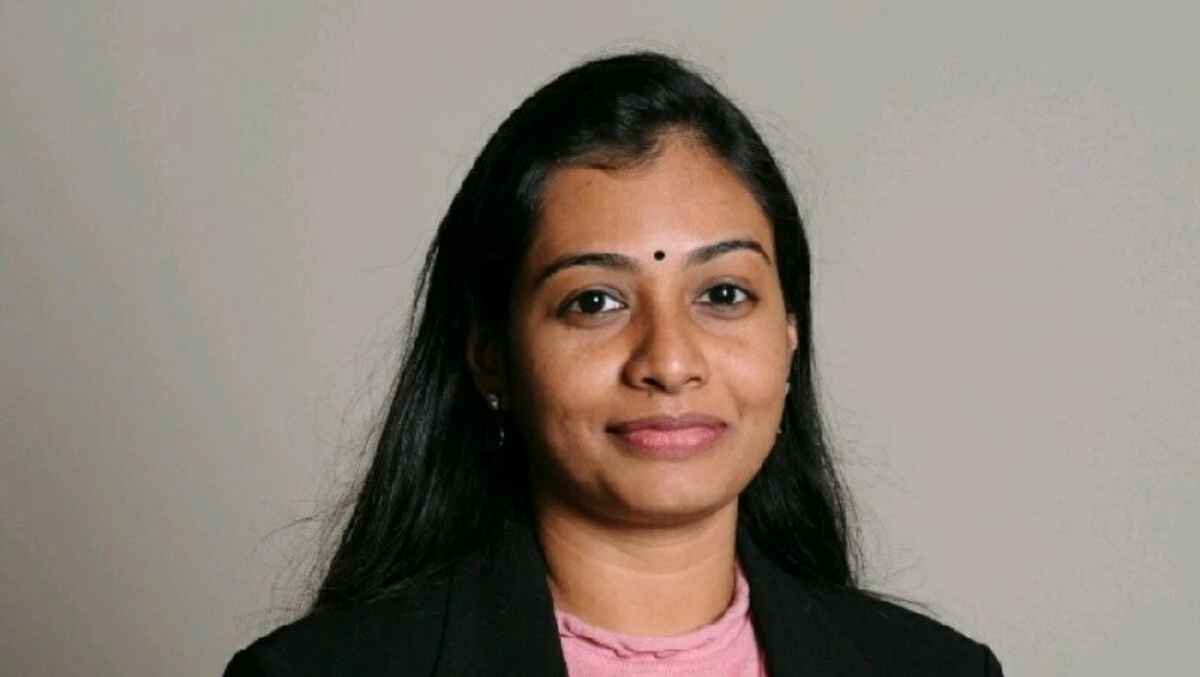
IWD 2024: Empowering women in India's broad construction industry
As we celebrate International Women's Day, it is essential to shine a light on the crucial role women play in every sector of society, including the construction industry. In India, however, there is a glaring gender disparity within this field, highlighting a pressing need for inclusive progress. Despite significant investments in infrastructure development, women remain underrepresented in the construction workforce, particularly in technical civil engineering roles. This inequity persists due to various challenges, including difficult working conditions, inadequate infrastructure, and entrenched societal norms.
While initiatives like the Indian government's Skill India program are commendable, they often overlook sectors like construction, which hold immense potential for female participation. Currently, only a small fraction of placements through Skill India are in construction-related fields. To address this issue, India's Ministry of Skill Development and Entrepreneurship (MSDE) must adopt proactive strategies to promote gender diversity in the construction industry.
Here are some key strategies that can make a difference:
Tailored Curriculum: Collaborate with the Ministry of Higher Education to develop industry-relevant curriculum modules specifically tailored to different competency levels within the construction sector.
Soft-Skill Enhancement: Integrate soft-skill training modules into skill development programs to enhance the employability and overall skill set of female workers. These programs should be designed with inputs from both men and women to address the diverse needs of all genders effectively.
Flexible Training Arrangements: Design training schedules that accommodate the additional responsibilities often shouldered by women. Innovative methodologies should be employed to engage women who may not have prior exposure to formal education.
Robust Data Collection and Monitoring: Strengthen data collection mechanisms to accurately gauge baseline metrics and establish pragmatic targets for gender equality. Monitor critical performance indicators, including recruitment rates and employer attitudes, to track progress effectively.
Gender-sensitive Budgeting: Advocate for the integration of gender-sensitive budgeting principles into skill development programs. Collaborate with other ministries to ensure equitable resource allocation across diverse initiatives.
Infrastructure Enhancement: Improve infrastructure facilities by providing essential amenities such as safe transportation, accommodation, and childcare facilities. Incorporate gender-sensitive clauses into construction tenders to foster an environment of inclusivity.
Industry Collaboration: Incentivise employers who actively promote gender diversity within their organisations through tax incentives. Forge strategic partnerships with industry stakeholders to develop specialised skill development programs tailored to the unique needs of women.
By implementing these recommendations, MSDE can play a pivotal role in fostering a more inclusive construction sector, thereby unlocking the full potential of India's workforce. Empowering women in traditionally male-dominated industries is not just a moral imperative but also a strategic imperative for driving sustainable economic growth and national development.
On this International Women's Day, let us commit ourselves to creating a future where every woman has equal opportunities to thrive and contribute to the prosperity of our nation. Together, we can build a more equitable and prosperous society for all.